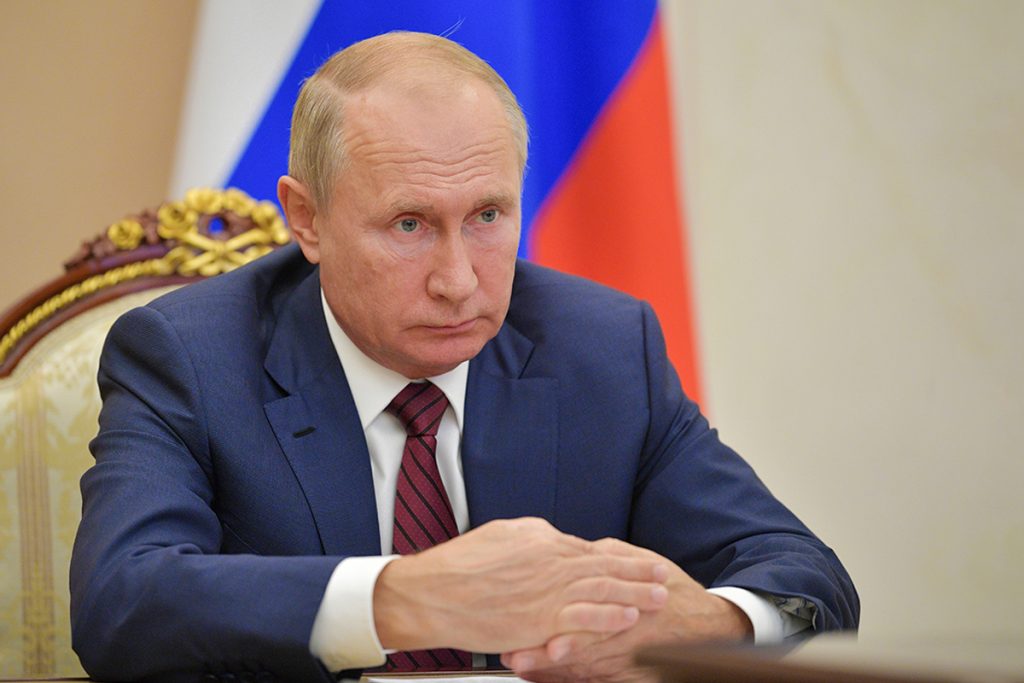In a move to bolster the international image of Russia’s cultural and moral standards, Russian President Vladimir Putin has called for the development of a program to promote “traditional Russian spiritual and moral values” abroad. This initiative, named “Russia in the World,” is part of a broader strategy to enhance Russia’s global influence and counteract Western ideologies that the Kremlin perceives as harmful.
The directive, published on the Kremlin’s official website, tasks officials responsible for national projects with allocating an unspecified amount of funding to support this new program. The primary goals are to foster international youth cooperation and to disseminate Russian values on a global scale. While the specific values to be promoted were not detailed in the order, the Kremlin’s recent actions and statements provide clear indicators of its priorities.
In recent years, the Russian government has increasingly voiced its opposition to Western social liberalism, particularly regarding issues of sexual orientation and gender identity. The Supreme Court of Russia took a significant step last year by declaring the “international LGBT movement” as extremist. This ruling has had tangible consequences, with several Russians facing short-term imprisonment or fines for displaying rainbow-themed material, which is widely recognized as a symbol of LGBT pride and support.
The backdrop to this initiative includes the ongoing conflict in Ukraine, which began in 2022. Throughout this period, President Putin has publicly characterized the West as “satanic,” accusing it of attempting to undermine Russian society by exporting liberal ideologies. This rhetoric reflects a broader narrative promoted by the Kremlin that portrays Western influence as a moral and existential threat to Russia.
The “Russia in the World” program aims to counter these influences by reinforcing traditional Russian values both domestically and internationally. By targeting the youth, the Kremlin hopes to cultivate a generation that is not only aware of but also proud of its cultural heritage. This strategy involves various forms of engagement, including cultural exchanges, educational programs, and other forms of international cooperation.
The promotion of traditional values is seen as a counterbalance to what the Kremlin views as the corrosive effects of Western liberalism. This includes opposition to the legitimization of nontraditional sexual relations and a broader rejection of what it considers to be moral decay. By projecting these values globally, Russia seeks to establish a moral high ground and rally support among like-minded nations and communities.
The success of this program will depend on the resources allocated and the effectiveness of its implementation. It remains to be seen how receptive the international community will be to these efforts, especially in regions where Western liberal values are deeply entrenched. Nonetheless, the “Russia in the World” initiative marks a significant step in Russia’s ongoing campaign to assert its cultural and moral influence on the global stage.
As the program unfolds, it will likely continue to provoke discussions and debates about the role of cultural and moral values in international relations. Whether this initiative will achieve its intended goals or face significant resistance, it is clear that Russia is committed to promoting its vision of traditional values in an increasingly interconnected world.


